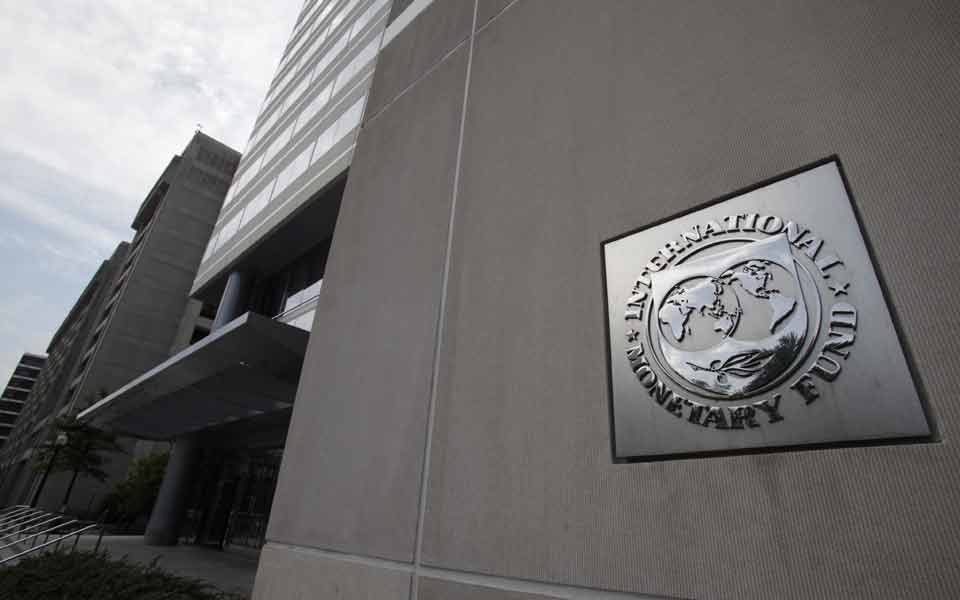IMF insists on a lower income tax threshold

The International Monetary Fund is pressing for a reduction of the income tax threshold in Greece to 5,000 euros per year, while the head of the Eurogroup revealed on Thursday that some additional short-term measures for easing Greece’s debt in 2018 are ready. If the IMF is satisfied with the debt-easing measures it will likely signal its entry into the bailout program, possibly while insisting on its position on the income tax threshold.
The IMF considers that the government’s tax reforms have not dealt with the very generous tax exemptions in Greece that allow more than half of salary workers to be exempt from paying income tax, while in the eurozone the average rate of exemption stands at 8 percent.
The Fund’s pressure has generated concern in the government in Athens, which fears the European creditors may adopt its tough line on the tax threshold. After all, both the Finance Ministry and the creditors acknowledge there is a fiscal gap for 2018, with the government trying to cover it without having to resort to the measures the IMF is asking for.
If the proposal (originally by the World Bank) for the income tax threshold to be reduced to 5,000 euros from 8,636 euros today is introduced, each taxpayer will face an additional tax burden of 800 euros on average per year.
Eurogroup chief Jeroen Dijsselbloem on Thursday called on Athens to implement its commitments so that the IMF can participate in the Greek program, adding that the measures to lighten the Greek debt in 2018 are ready.
The Dutch finance minister told Bloomberg that the Eurogroup decided in May that it would apply some short-term measures to reduce Greece’s arrears. However, he noted, the eurozone has some additional short-term measures ready to use if needed for 2018 when the bailout program will have been completed.
On the IMF participation in the program, Dijsselbloem said that “if and when the Greeks implement the terms of the program… the IMF could continue to participate” in it. He added that the Fund as well as the eurozone are waiting in the context of the second bailout review to see the further reforms to take place in Greece on labor relations and privatizations.





